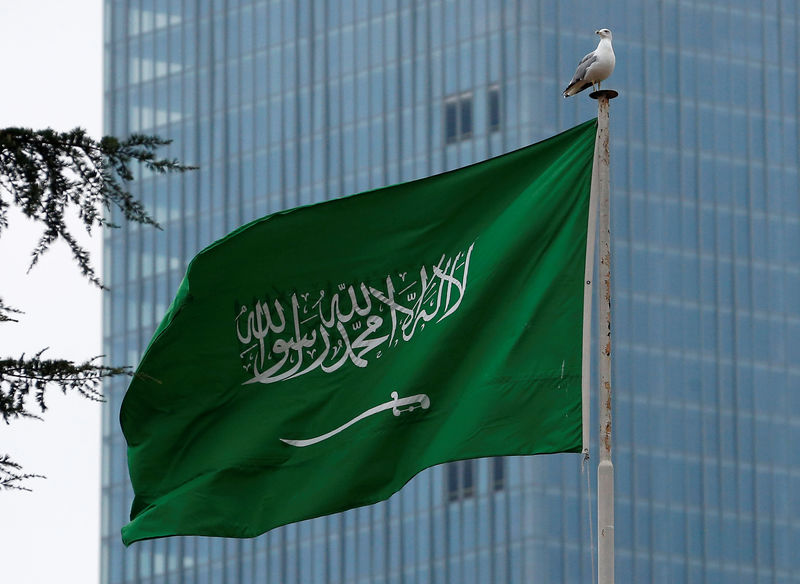This post was originally published on this site
https://i-invdn-com.akamaized.net/news/LYNXNPEE9L0DN_M.jpg
The Public Investment Fund amassed shares in Norway’s largest producer mostly through the open market last week, according to people with knowledge of the matter who asked not to be identified, adding that it’s unclear exactly when the fund bought the holding or if it’s still buying. It also bought stakes in Royal Dutch Shell (LON:RDSa) Plc, Total SA (PA:TOTF) and ENI (MI:ENI) SpA, according to another person with knowledge of the matter.
Saudi Arabia’s $320 billion sovereign wealth fund, run by Yasir Al-Rumayyan and controlled by Crown Prince Mohammed bin Salman, is taking advantage of a slump in stock market valuations as it steps up deal-making to become the world’s biggest manager of sovereign capital, the people said. The fund last month built an 8.2% stake in cruise operator Carnival (NYSE:CCL) Corp. after its shares slumped due to the fallout of the coronavirus pandemic.
The PIF is a key part of the crown prince’s efforts to diversify the Saudi economy away from its dependence on oil and has made a series of high-profile investments in recent years. Its amassed holdings in Uber Technologies (NYSE:UBER) Inc. and Tesla (NASDAQ:TSLA) Inc., as well as committing giant sums to Softbank Group Corp.’s Vision Fund.
Oil Policy
Still, building stakes in some of the largest international oil companies is unusual, especially as Al-Rumayyan also heads up state-owned crude producer Saudi Aramco (SE:2222). He’s also a close adviser to the crown prince, who sets the kingdom’s oil production policy and influences prices globally.
Representatives for the PIF and all of the oil companies declined to comment.
On top of the slump of oil prices and a meltdown in global markets, Gulf sovereign wealth funds are channeling some of their billions back home to counter slowing economic growth triggered by the coronavirus. The decline in assets from funds in countries such as Qatar, Abu Dhabi and Saudi Arabia could exceed $300 billion this year, according to the Institute of International Finance, the industry’s global association.
In contrast to 2015, the last time crude prices collapsed, Saudi Arabia will likely focus on borrowing rather than drawing down PIF funds, according to the IIF. Last month, Finance Minister Mohammed Al Jadaan said the kingdom would fund an expected larger deficit through borrowing more rather than drawing down reserves.
Equinor shares slumped just over 30% this year before rising 18% last week, amid a broad recovery for European energy majors, giving the company a current market value of about $44 billion.
The Wall Street Journal was first to report that the PIF has acquired stakes in Shell, Total and Eni, worth about $1 billion along with the Equinor holding, citing people familiar.
Norwegian daily Finansavisen this week reported that JPMorgan Chase (NYSE:JPM) & Co.’s unit in Saudi Arabia had bought 14.5 million shares in Equinor on behalf of an unnamed client, followed by another 6.4 million shares.

